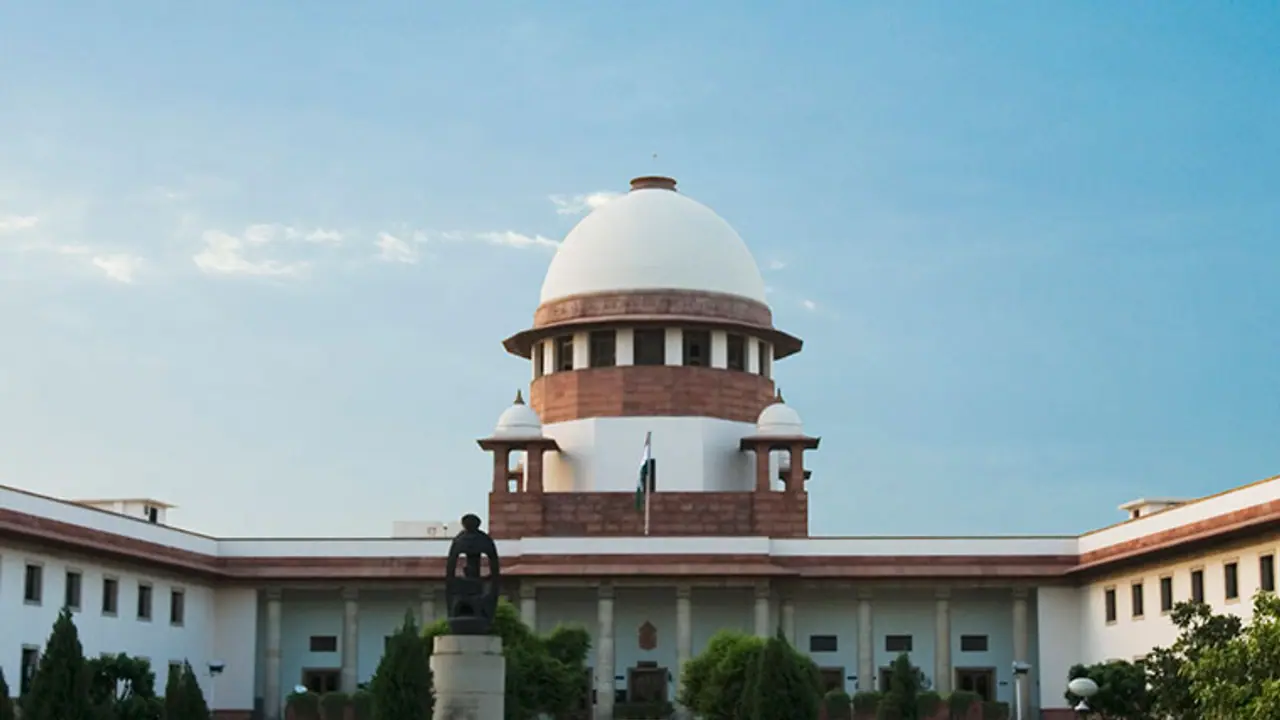The right to reputation is one of the most important fundamental rights to life and personal liberty and cannot be ‘crucified’ for freedom of speech and expression, the Supreme Court said on Friday while upholding the validity of the 156-year-old penal laws on defamation.

Advocating for a balance between the rights to reputation and free speech, the bench of justices Dipak Misra and Prafulla C Pant said, 'Reputation' of one cannot be allowed to be crucified at the altar of the other's right of free speech. "The legislature in its wisdom has not thought it appropriate to abolish criminality of defamation in the obtaining social climate."
Referring to various judgements of the Supreme Court and offshore judicial forum, the bench, in its 268-page verdict, did not agree to the fervent submissions that section 499 and 500 of the IPC (which deal with defamation) has a ‘chilling effect on the right to freedom of speech and expression’.
"Once we have held that reputation of an individual is a basic element of Article 21 (right to life and personal liberty) of the Constitution and balancing of fundamental rights is a constitutional necessity and further the legislature in its wisdom has kept the penal provision alive, it is extremely difficult to subscribe to the view that criminal defamation has a chilling effect on the freedom of speech and expression," it said.
Dealing with the ingredients of penal laws on defamation, which came into force in 1860, the bench said that the offence is not ‘beyond the boundary’ of Article 19 (2) of the Constitution which deals with ‘reasonable restrictions’ that put curbs on free speech.
It further said that applying the doctrine of balancing of fundamental rights and existence of defamation as a criminal offence is not beyond the boundary of Article 19(2) of the Constitution, especially when the word ‘defamation’ has been used in the Constitution.
The following is the chronology of events that led to the judgement by the Supreme Court refusing to decriminalise the defamation law:
* Oct 29, 2014: SC agrees to hear Subramanian Swamy's plea to quash defamation case filed by Tamil Nadu govt for making comments against Chief Minister J Jayalalithaa.
* Oct 30: SC stays proceedings on defamation cases against Swamy.
* Apr 7, 2015: Centre's response sought on constitutional validity of sections 499 and 500 of IPC.
* Apr 17: SC stays Kejriwal's prosecution in defamation cases filed by Union minister Nitin Gadkari and an advocate.
* May 1: SC stays two other cases against Kejriwal filed by Amit Sibal and Pawan Khera.
* May 8: SC stays defamation proceedings against Rahul Gandhi for allegedly blaming RSS for assassination of Mahatma Gandhi.
* July 14: Swamy and Rahul assail criminal defamation law.
* July 15: Delhi CM Arvind Kejriwal says defamation law is abused, calls for re-examining of law.
* July 23: Centre says quashing of defamation laws will lead to ‘anarchy’.
* Sep 7: SC stays criminal proceedings against Subramanian Swamy in three defamation cases, filed by Tamil Nadu govt.
* May 13, 2016: SC upholds constitutional validity of penal laws on defamation; asks petitioners to approach HC for further relief in the case.
